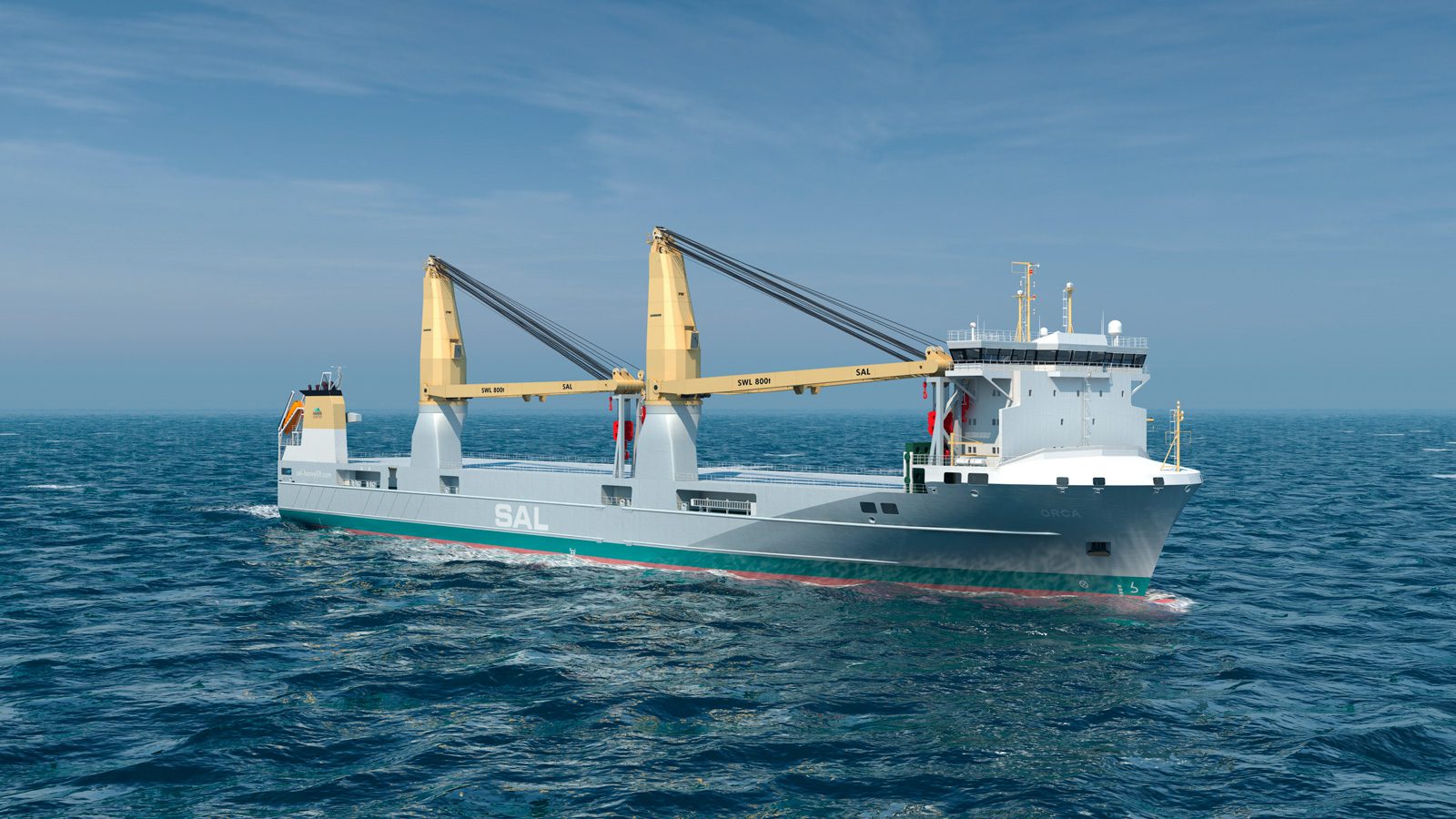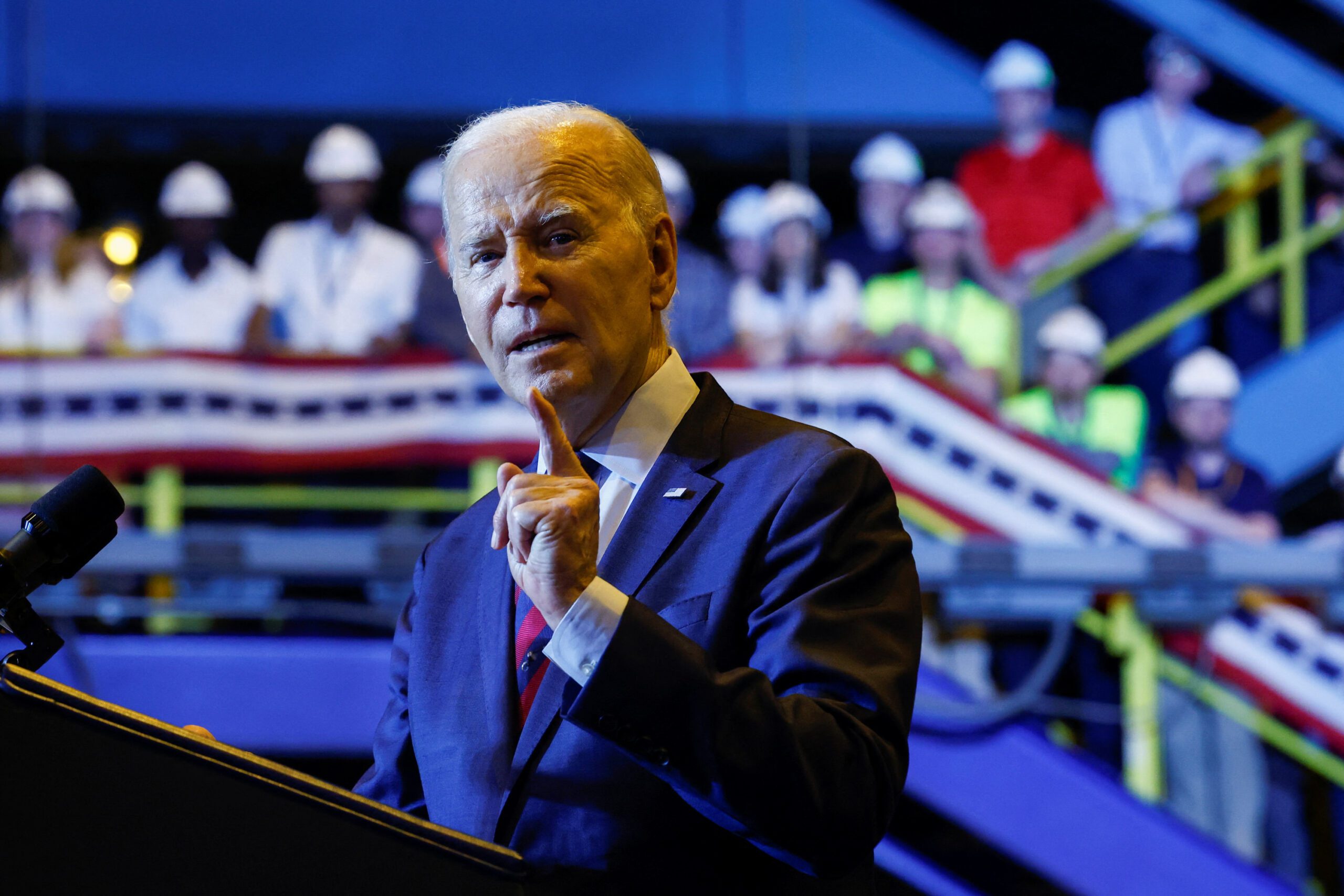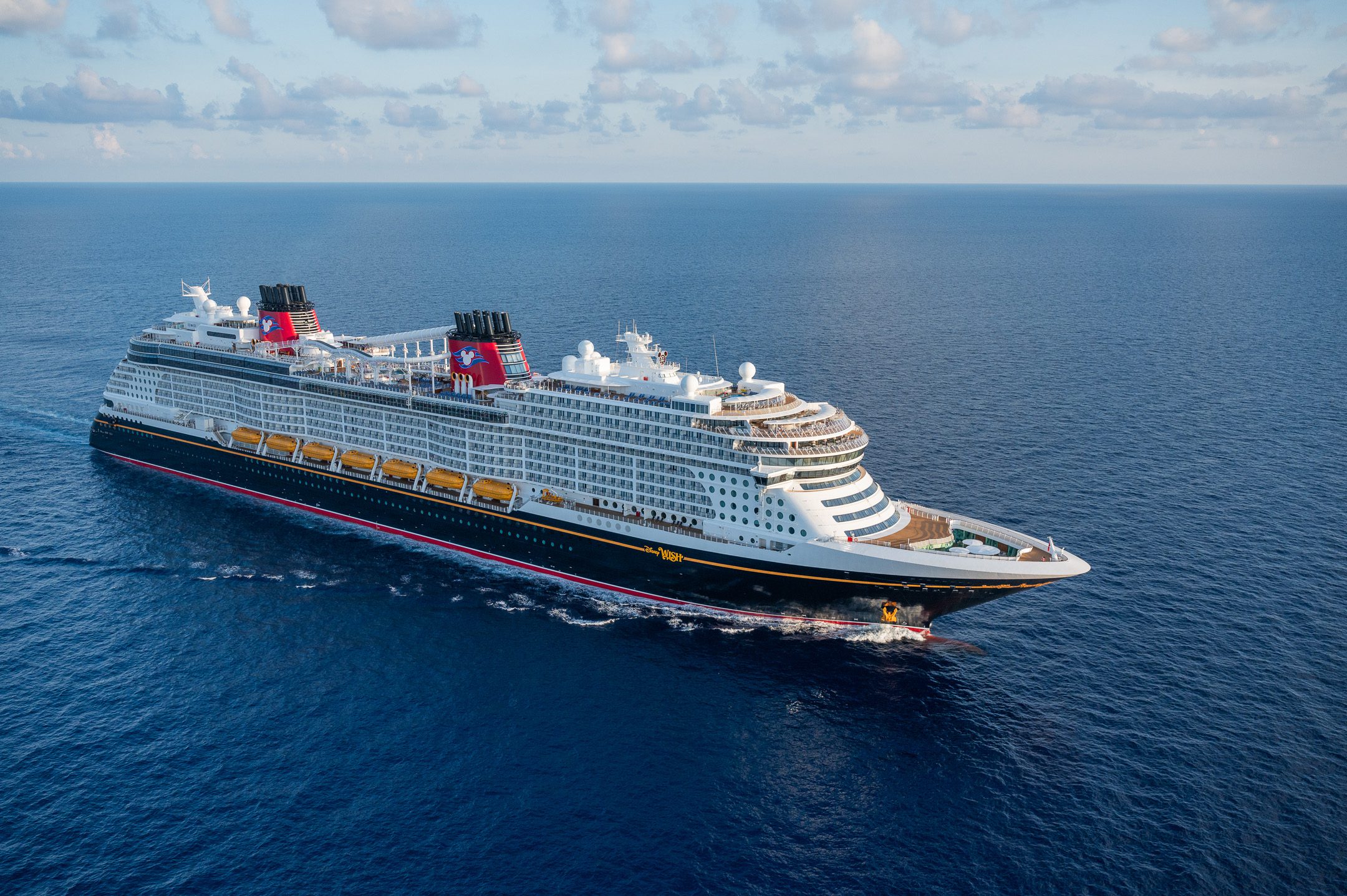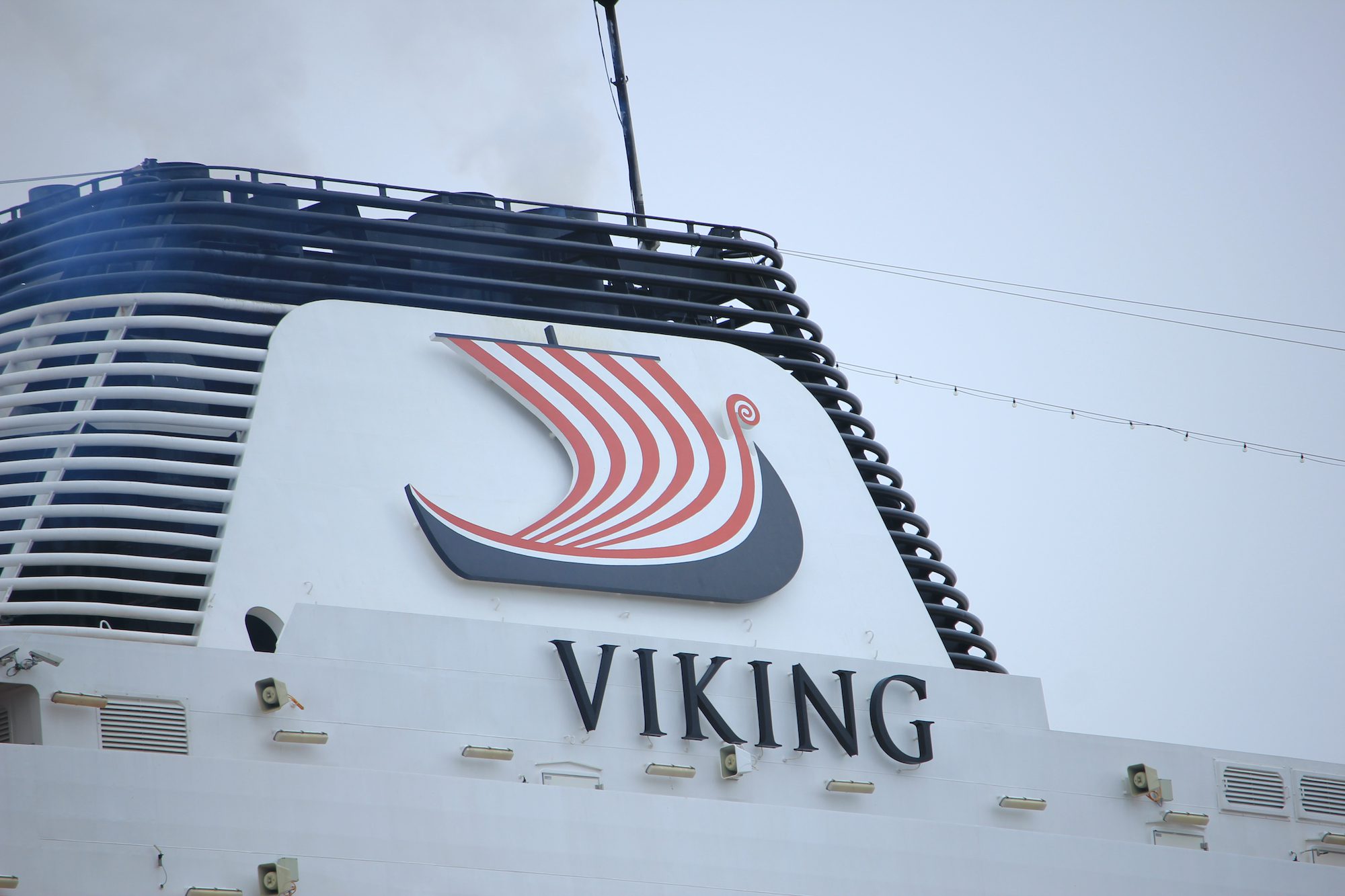Methanol is emerging as a promising alternative fuel that could help shipping meet its increasingly stringent emissions targets. When produced from non-fossil sources, the resulting “e-methanol” can be low carbon and even net carbon neutral.
With this in mind, Finnish technology group Wärtsilä has been selected to supply its methanol-based hybrid propulsion system for four new ” heavy lift vessels being built at the Wuhu Shipyard in China.
The vessels have been contracted by SAL Heavy Lift GmbH, a German heavy lift and project cargo specialist and part of the Harren Group, in cooperation with its joint-venture partner, Netherlands-based Jumbo Shipping. There is an option for an additional two vessels.
The ships are scheduled for delivery in 2025 and will be used mainly to support wind farm installations. When e-methanol becomes more widely available towards the end of the decade, the vessels will be set up for carbon-neutral operations.
Wärtsilä’s hybrid system will help to minimize the ships’ CO2 emissions, thus supporting the marine sector’s decarbonization ambitions. The system will feature a variable-speed Wärtsilä 32 main engine capable of operating with methanol fuel. This will therefore make these ships among the first to be prepared to operate on methanol, a clean burning sulphur-free alternative to conventional fossil-based marine fuels. They will also be the first methanol capable ships to employ a variable speed main engine.
“These ships represent the next generation in heavy lift shipping. In addition to their technical capabilities, they will feature outstanding environmental performance and help guide shipping towards a greener future,” says Dr Martin Harren, Owner and CEO of SAL Heavy Lift. “We are committed to decarbonizing shipping activities, and we wish to thank Wärtsilä for their support and cooperation throughout this project.”
The hybrid system also includes Energy Storage, a PTO/PTI generator and motor, a multidrive converter, and Wärtsilä’s Energy Management System for controlling and optimizing the hybrid operations. The Energy Storage system will be based on Lithium-Titanium-Oxide (LTO) batteries, which can handle higher amounts of deep cycles than normal Lithium-Ion based systems. The ESS will significantly reduce the fuel consumption and/or the necessary size of the port’s electric shore connection during crane operations while also providing fuel savings at sea by reducing Engine Load fluctuations in rough seas.
For each vessel, Wärtsilä will also supply the gearbox, the controllable pitch propeller (CPP), the bow and stern thrusters, air shaft seals, as well as the sterntube and bearings.
“We are proud to be able to support SAL with Wärtsilä’s market-leading integrated hybrid-mechanical propulsion system. This is a well-proven, future-proofing solution that enables owners and operators to lower operating costs while complying with current and anticipated environmental regulations,” says Matthias Becker, Managing Director of Wärtsilä Germany.
Unlock Exclusive Insights Today!
Join the gCaptain Club for curated content, insider opinions, and vibrant community discussions.

 Join The Club
Join The Club













